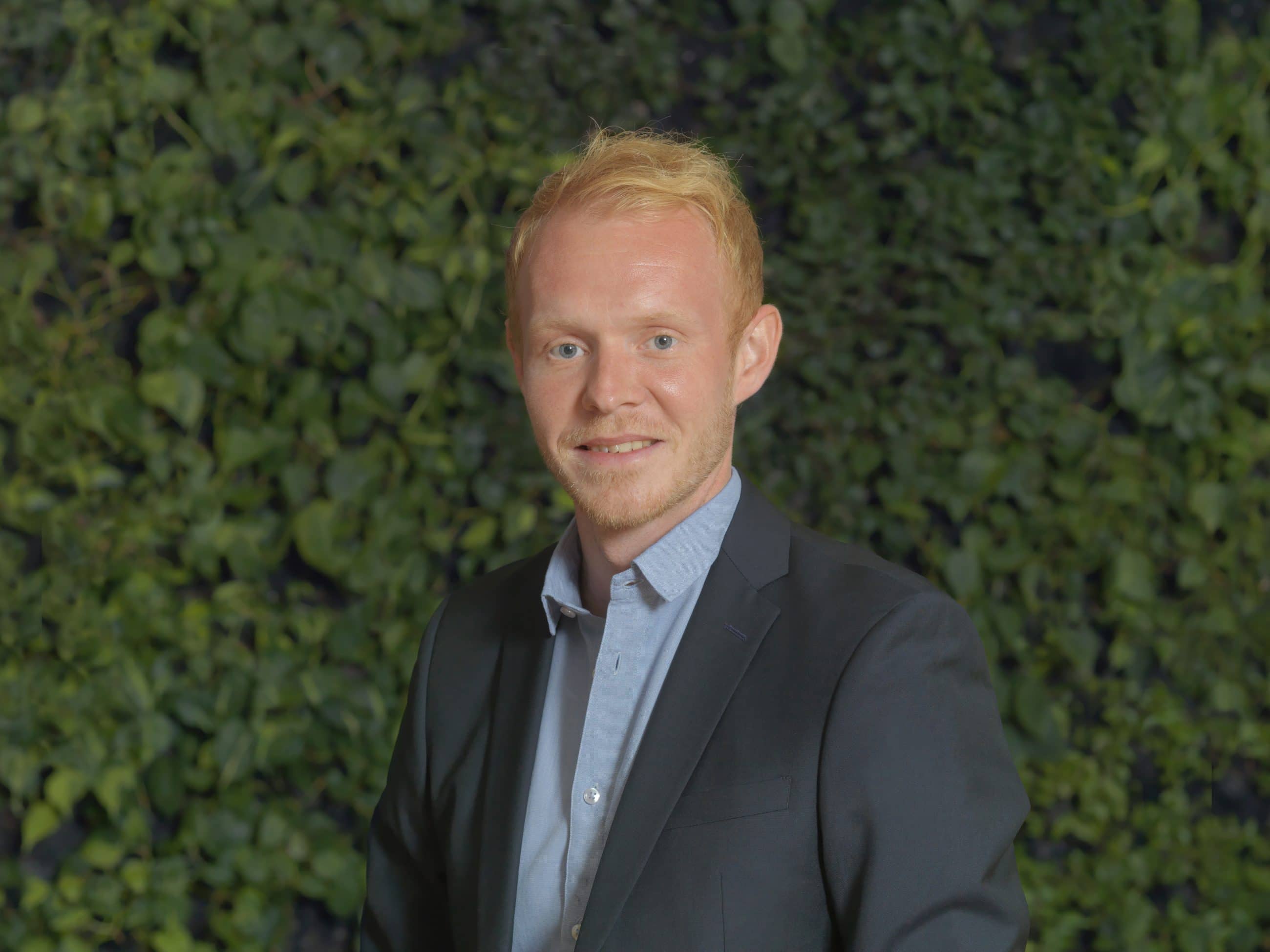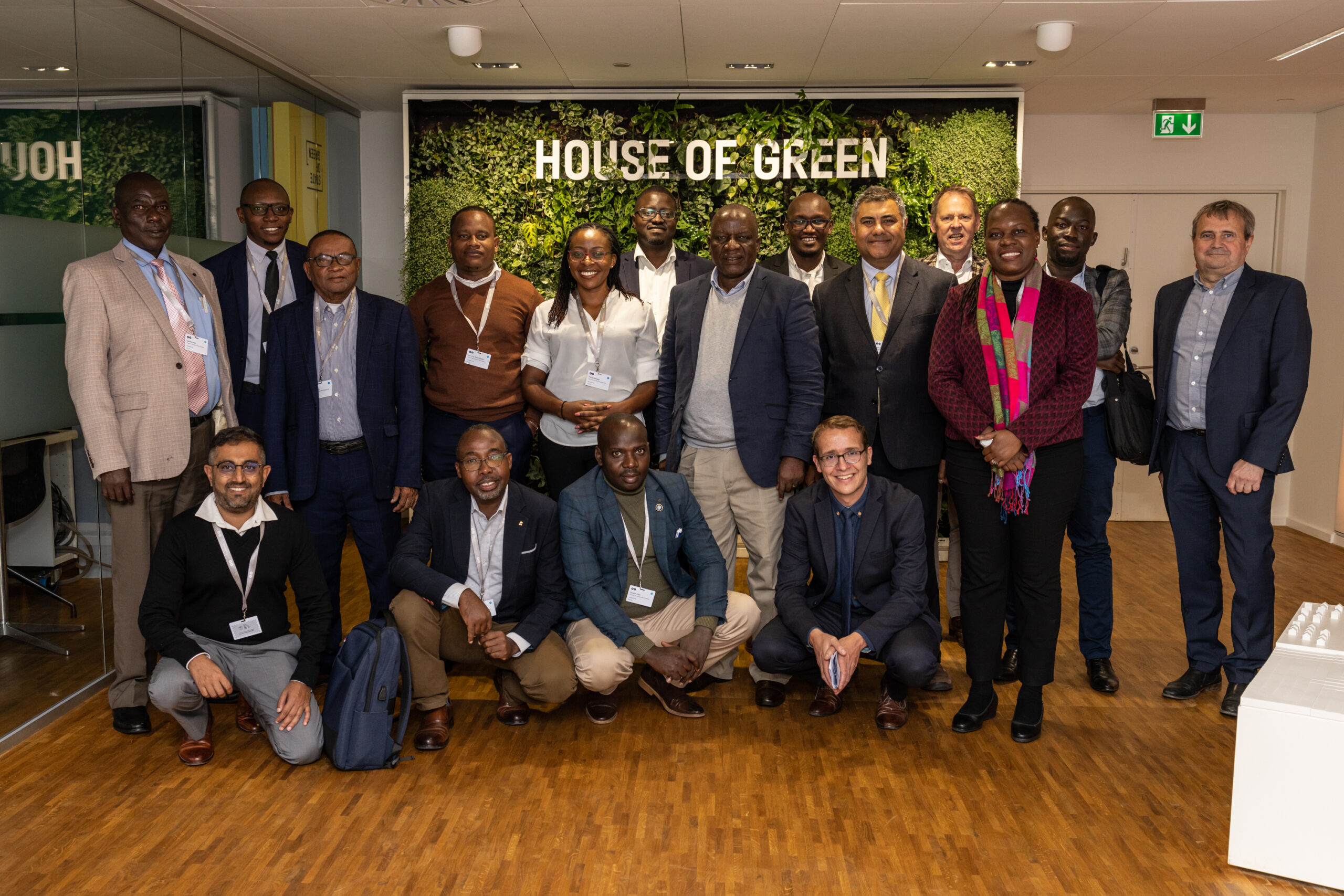Strategic Sector Cooperation between Kenya & Denmark
The main objective is to accelerate Kenya’s green transition within food and agriculture, circular economy, resource-efficient industrial production, waste management and maritime.
News
Circular business models
Job creation and just transition
Smart waste solutions
+2


Since 2015, Kenya and Denmark have had a Strategic Sector Cooperation to foster inclusive, sustainable growth and support conducive framework conditions for the fulfilment of the Sustainable Development Goals. Through the Danish Environmental Protection Agency, Denmark has e.g., advised Kenyan authorities on how local legislation could be developed based on Danish experiences with public-private cooperation.
As part of the Strategic Sector Cooperation, the Confederation of Danish Industry in East Africa has specifically advised the trade association Kenyan Association of Manufacturers (KAM) on the introduction of extended producer responsibility in a self-regulating industry community under the name Kenya Extended Producer Responsibility Organization, KEPRO. As a direct result, the Danish software company Cbrain will now supply digital solutions to support the entire value chain.
“We are pleased that our collaboration with the Confederation of Danish Industry has led to a partnership with Cbrain to build a cutting-edge technological platform to manage the entire value chain,” says Priyen Tanna, CEO of KEPRO.
In practice, the extended producer responsibility means that all companies will have to pay a tax for the packaging of plastic, glass, cardboard, and aluminium, which will be introduced to the Kenyan market. At the same time, the country will establish a full value chain supporting a circular economy from producer to recycling, introducing payment to the actors who insure the collection, sorting, and recycling of material.
Amongst other things, the platform covers registration of all actors, payment of materials and waste taxes, as well as the payment of subsidies to partners handling the recycling. The new digital platform will also be able to provide national market figures for the circular economy, including quantities and recycling.
During a recent study visit to Denmark, State of Green welcomed members of the Kenya Association of Manufacturers focusing on waste management and renewable energy.

Following the agreement, Cbrain’s climate adviser, Morten Østergaard, says that the agreement stands as a shining example of how development cooperation can lead to exports:
“We are pleased to be able to contribute to Kenya’s climate efforts through nature restoration, transition to a circular economy and reduction of greenhouse gas emissions. At the same time, we have a hope that Kenya’s new digital platform will be usable in other countries.”
In the process of turning the initial idea into a tangible project, Marie Gad, Head of Global Development and Sustainability at the Confederation of Danish Industry, underlines the value of local presence.
“We have run the development project DI East Africa in collaboration with among others DANIDA, the Plastics Industry and the Kenyan Association of Manufactures (KAM). In 2019, KAM decided to gather plastic importers, plastic manufacturers, and recyclers to develop a circular economy plan in the plastic sector together. The new law is a spin-off of this project,” she says.
The Confederation of Danish Industry has had a local office in East Africa since 2020.
Marie Gad adds that currently only a very small part of the plastic waste in Kenya is recycled. The rest is thrown away on the street, burned in open fires or ends up in overcrowded landfills, from where it seeps down and damages the groundwater.
The Confederation of Danish Industry’s private sector development partnerships work with employer and business membership organisations all to reach the UN’s Sustainable Development Goals and create economic opportunities in local communities. Including Kenya, the Confederation of Danish Industry has private sector development partnerships across 9 countries across the globe.
solutions
Urban infrastructure planning
+2
solutions
Climate change adaptation
+4
events
Urban planning and development
+7
publications
Energy efficiency in industry
+7